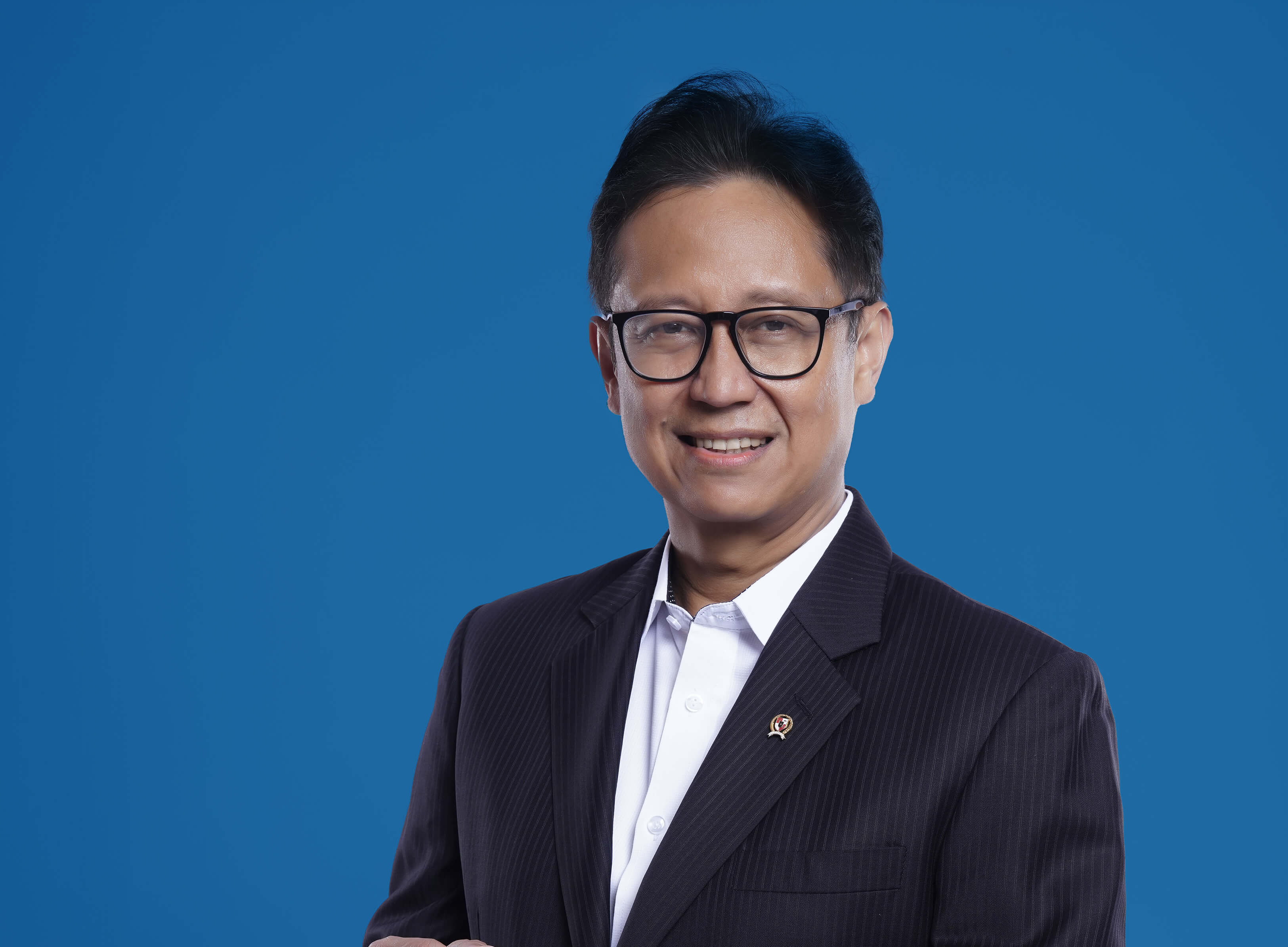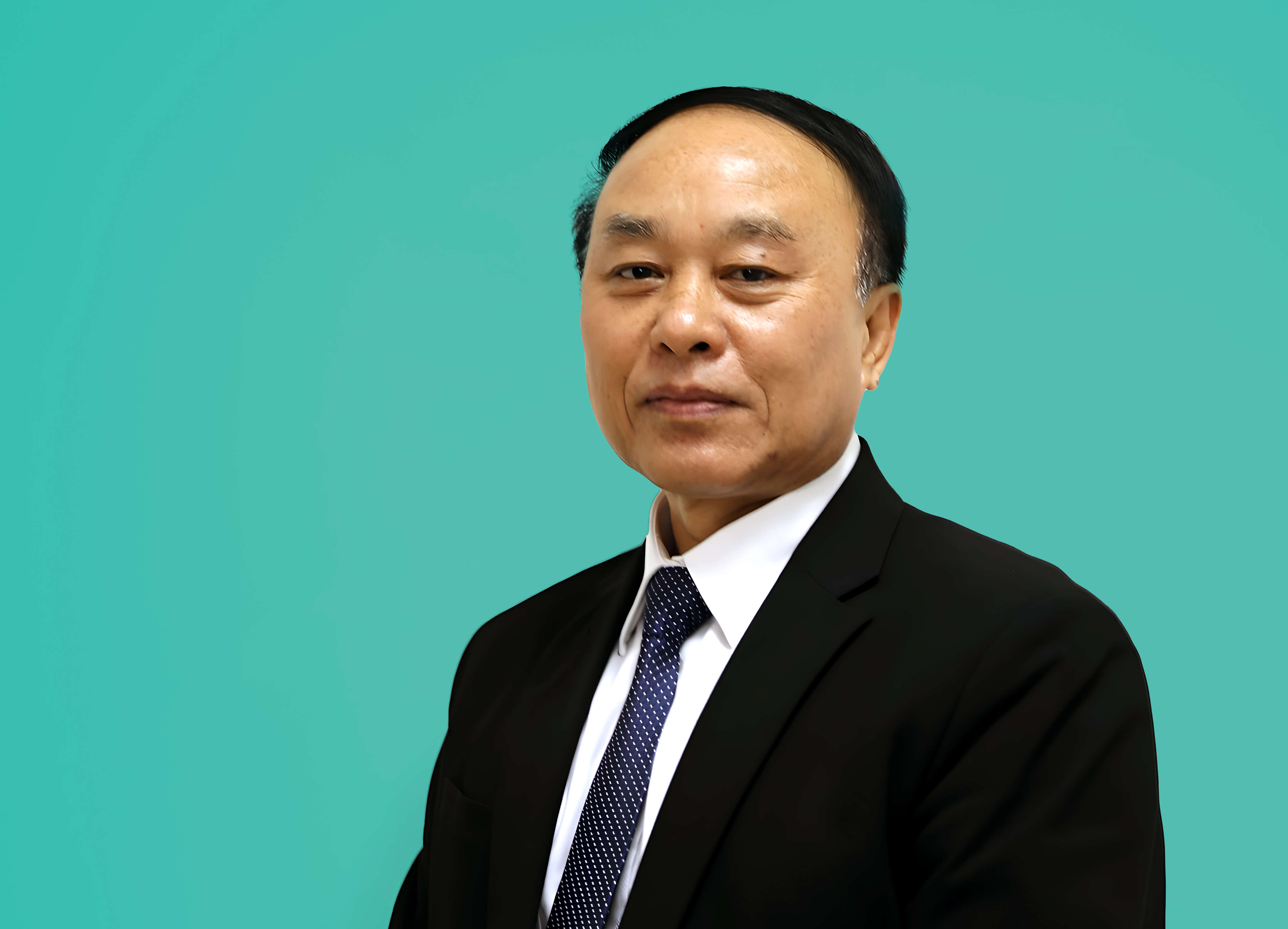


Jonas Elmer Balneg studied nursing because his mother was a nurse too. The Philippines is one of the major sources of nurses globally.
Many like Jonas take up nursing with hopes of landing an overseas job. His plan was to work in the country for two to three years and move abroad, but Jonas has chosen to stay for now.
He has worked for almost a decade at one of the Philippines’s largest public hospitals, where he says he is earning a comfortable living. Jonas talks about the health workers' fears when reports about a new coronavirus first broke, the uncertainty of handling patients, and the important role nurses play in a health emergency.
“When we received the first suspected patient in our unit, as the nurse in charge that day, I had to find a way to isolate the patient. I decided to be like a private nurse and stayed with the patient for the first 24 hours. Back then swab tests results took longer to process, so my colleague and I took turns watching over the patient for almost three straight days. When it later became a COVID-19 referral hospital, I volunteered to be part of the first team to handle the COVID-19 wards because I had some experience with taking care of a probable case. We took care of patients who were suspected of having COVID-19. Many of them tested positive and the team was quite shocked at how quickly the numbers rose.
“I acted like an assistant to the head nurse of a unit then. I had to establish protocols and guidelines to keep members of my team safe, while making sure the patient didn’t infect others. On that week, I also experienced losing my first COVID-19 patient. I cried, maybe that was when it sank in that this pandemic was getting serious. Maybe I was crying too for the whole of humanity. There were thoughts like, ‘Is this it? What about our future? Is COVID-19 the end for us?’ I also wondered if it could have been prevented earlier and people didn’t have to die. Those are the questions I ask every time I have a patient with COVID-19. What if this pandemic never ends?
“We had to limit our contact with the patients because we also had to think of our own safety. We tried to reassure them as often as possible but we couldn’t spend too much time in the room with them. Sometimes, it was a real struggle. Before we had the level four hazmat suits, of course there was the fear of getting infected but if we didn’t do it, who else will? We had to conquer that fear and my colleagues and I had to support each other.
“During that time, we worked for one week and then went on a two- week quarantine. We couldn’t go home. We were very thankful that hotels around the area offered us temporary accommodation while we were handling the COVID-19 unit. Some government officials arranged for the hotel accommodation and there was also free transportation to and from the hospital. It was a huge help.
“I kept in touch with friends through social media and messaging apps but after a while it became depressing. It was an unending cycle. I would often wonder, when will this end? There was a point sometime in June when I didn’t want to go to work anymore. It felt endless and the number of cases just kept rising. There was a feeling of despair.
“Everywhere, there have been many nurses, health workers who have lost their lives. Whenever I read news about that, I really wonder if the epidemic could have been addressed before it became a pandemic. It’s just sad.
“Our work and quarantine schedules have become more manageable. There was a point when there was outrage among the staff over that. We used to work 7-day weeks and go on quarantine. That has changed so I guess now there is a semblance of normalcy. I think it has helped with our mental health.
“They say maybe the vaccines will be available in 2021. I think governments and people are relying too much on vaccines. This will not go away soon. I’ve accepted that this is the new normal. We Filipinos are quite good at adjusting to things and situations.
“Respect especially for nurses has increased. We have been called heroes in this pandemic. In our hospital, we have been given a voice, especially in determining the guidelines and protocols, staffing and on how to handle patients. Now, it’s recognised that nurses have a large contribution to the health team, so we can enhance health policies.
“I can understand complaints from the general public about the long lockdown. Limit your gatherings, if you can, because there was a time when hospitals were overwhelmed by COVID-19 cases. When they eased quarantine measures, that’s when the surge of cases happened. I know we miss our families and loved ones but let’s limit those visits and don’t risk infecting others especially the elderly.
“There are many lessons to be learned from this pandemic. I think governments have to listen more to healthcare workers. When I read the news, I get the impression that they are relying on vaccines to address the pandemic. That shouldn’t be the case. Let’s look at other countries that have been more successful in containing the disease. Let’s listen to the experts.”
Interviewed by Mary Kathleen Quiano-Castro. This conversation has been translated, edited, and condensed for clarity. The views and opinions expressed in the text belong solely to the interviewee and do not reflect the official policy or position of ASEAN.








